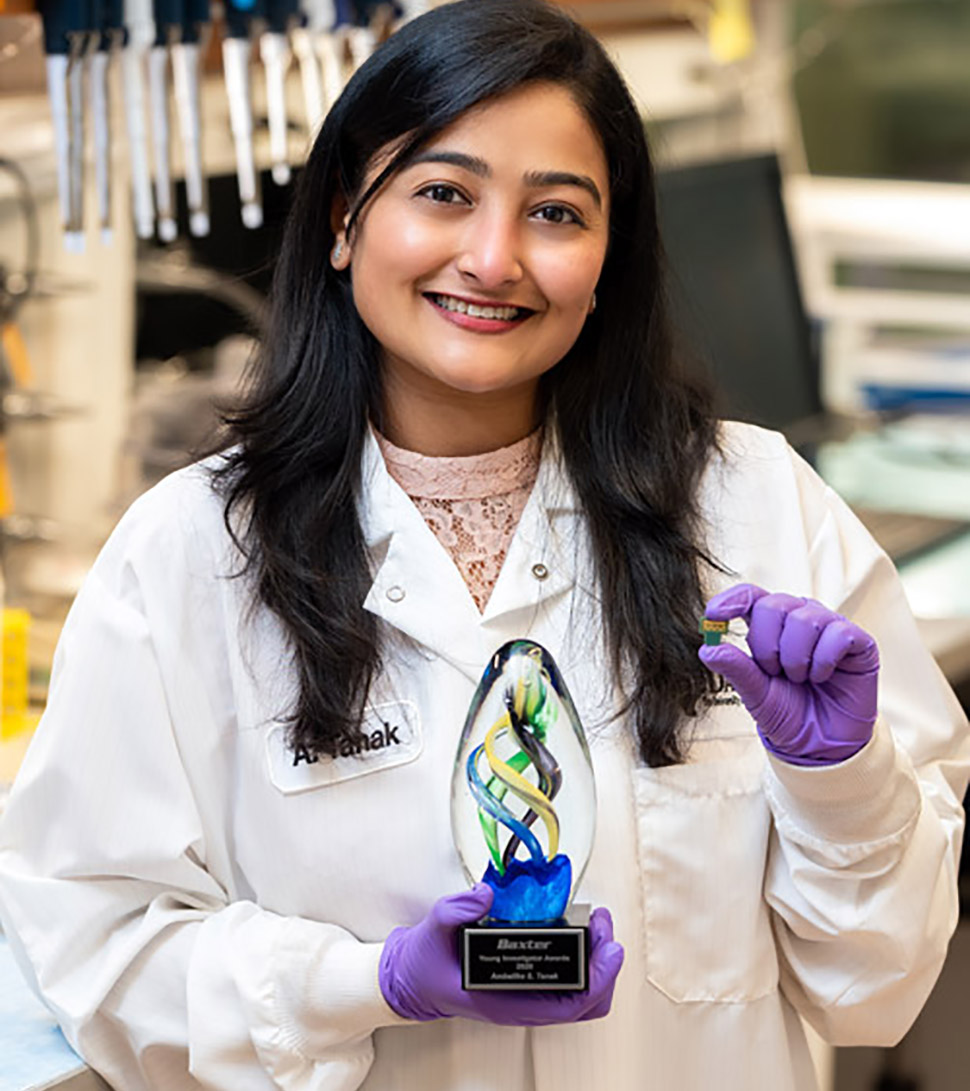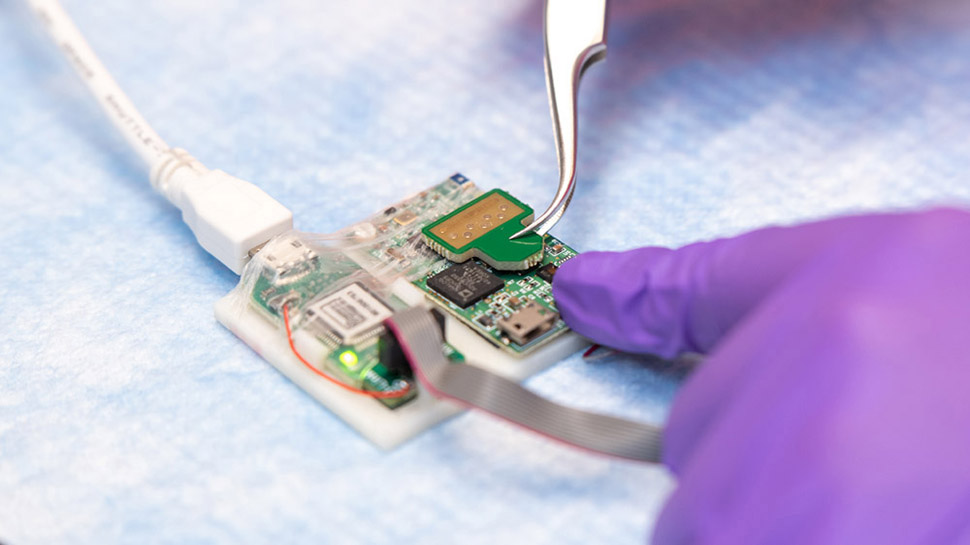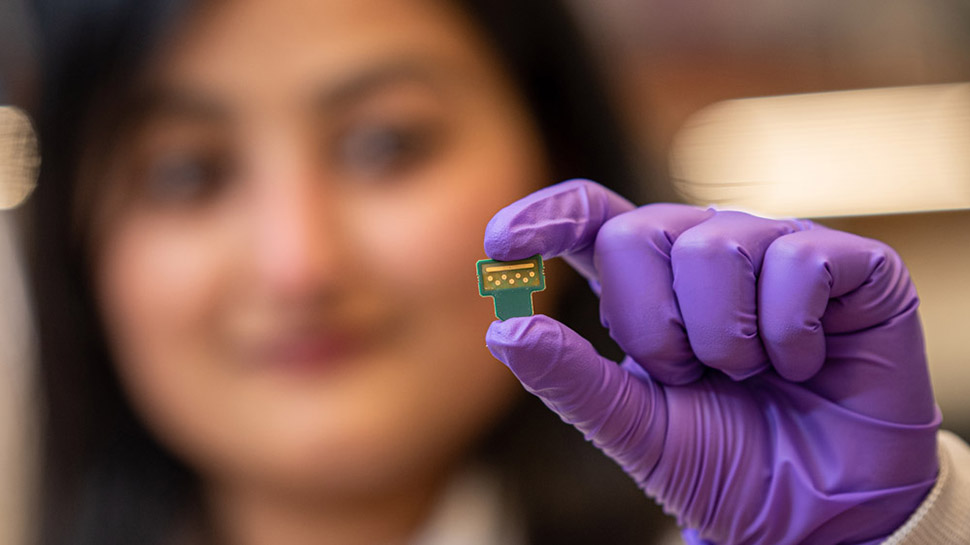A University of Texas at Dallas graduate student has created a biosensor to detect the life threatening complication called sepsis in rapid time. Prior to this, there wasn’t a rapid-testing method for the condition.

Tanak received a Baxter Young Investigator Award for her work on a sepsis-testing sensor. [Photo: UTD]
Ambalika Tanak is a biomedical engineering doctoral candidate in UT Dallas’ Erik Jonsson School of Engineering and Computer Science. Tanak is the main person behind DETecT Sepsis (Direct Electrochemical Technique Targeting Sepsis) and has written about the device in a recent print issue of Biosensors and Bioelectronics.
“As a biomedical engineer, being able to develop medical device technology that doctors can use for making informed decisions gives me great satisfaction,” Tanak said in a statement.
Tanak’s portable detection device monitors a panel of five immune biomarkers using a single drop of blood plasma, according to a statement. The device allows for a sepsis diagnosis to be made in minutes.
The fast response time is critical for those who develop sepsis, as it is an extreme response to an infection that can lead to tissue damage, organ failure, and even death.
“When a patient develops sepsis, every organ thinks it needs to shut down to protect itself. But if every organ shuts down, the person will die,” Dr. Shalini Prasad, department head of bioengineering and the Cecil H. and Ida Green Professor in Systems Biology Science, said in a statement. “It’s a train wreck happening in slow motion. If we could get a snapshot of a patient’s immune response, we can avoid irreversible organ failure or death due to a delayed response time.”
Tanak created the first-of-its-kind sepsis-testing sensor that has potential applications including COVID-19, as there have been cases in which patients’ COVID-19 infections have triggered sepsis.
Due to her research, Tanak recently received a first-tier Baxter Young Investigator Award, which supports research to develop therapies and medical products that save and sustain patients’ lives, per UT Dallas.
Per a statement, the sepsis-detecting device is currently being studied to see if the sensor platform could be used to measure other forms of inflammation such as proteins released by the immune system at the early stages of viral infections—including COVID-19.
“I hope this work translates into the field and benefits the people who need it the most,” Tanak said.

The sensor is mounted on the electronic reader device. [Photo: UTD]
She also has another sensor device in the works for parathyroid surgery.
While in the operating room, surgeons have to determine the amount of the hyperactive gland that needs to be removed. Tanak’s device would help the patient’s blood be tested faster for parathyroid hormone levels to make sure that the hyperfunctioning part of the gland is removed during the procedure, according to a statement.
Tanak was lead author of both sensor studies. Dr. Sriram Muthukumar, co-founder of EnLiSense, an Allen-based company that develops lifestyle-based sensors and devices; Dr. Ibrahim Hashim, the A.J. Gill Professor of Pathology at UT Southwestern; and Prasad, also a co-founder of EnLiSense, were also authors of the parathyroid sensor study.
![]()
Get on the list.
Dallas Innovates, every day.
Sign up to keep your eye on what’s new and next in Dallas-Fort Worth, every day.




































































